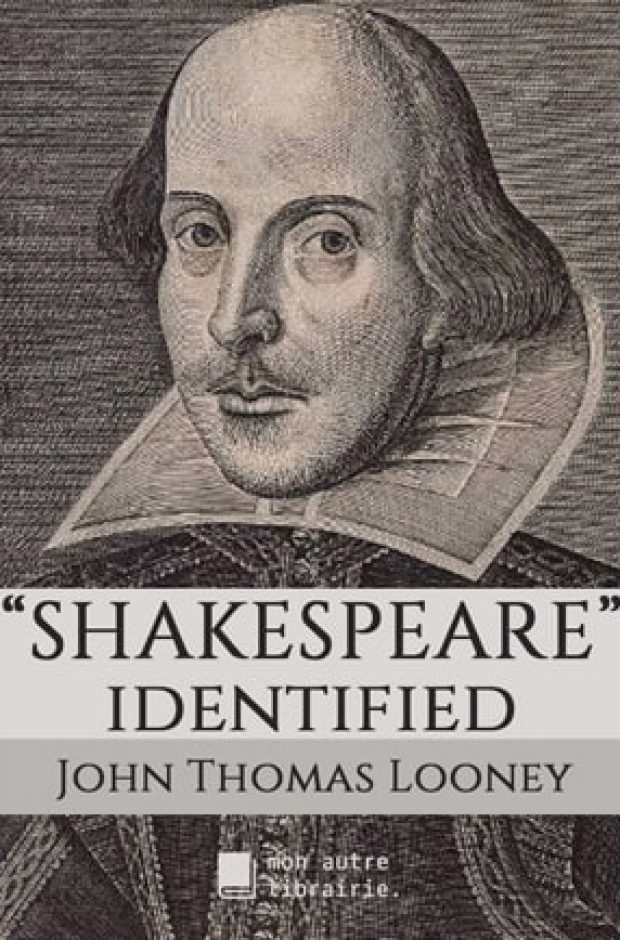This book is the seminal work in which Edward de Vere, Earl of Oxford, is designated as being the true identity of the author commonly known as « Shakespeare ».
This theory, which initially faced fierce opposition, has since secured itself a solid place in the landscape of Shakespearean studies.
It now constitutes an essential reference in this area.
(e-book only)
—
L’ouvrage fondateur de la théorie attribuant à Edward de Vere, comte d’Oxford, la véritable paternité des œuvres du soi-disant « Shakespeare ».
Cette théorie, qui a dû affronter au début une opposition féroce, s’est depuis solidement installée dans le paysage des études shakespeariennes.
Une référence incontournable dans ce domaine.
(ebook seul)

Shakespeare Identified